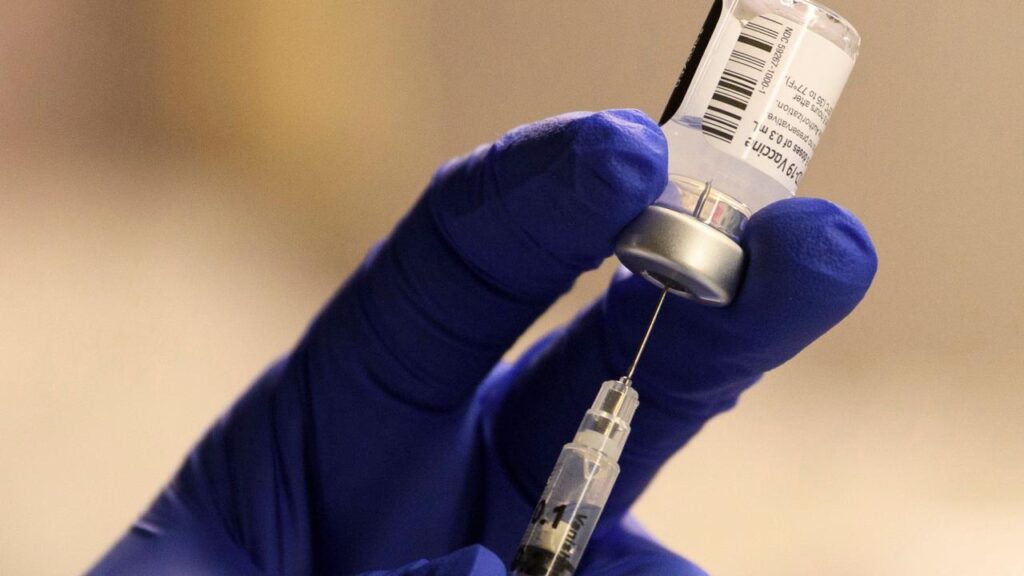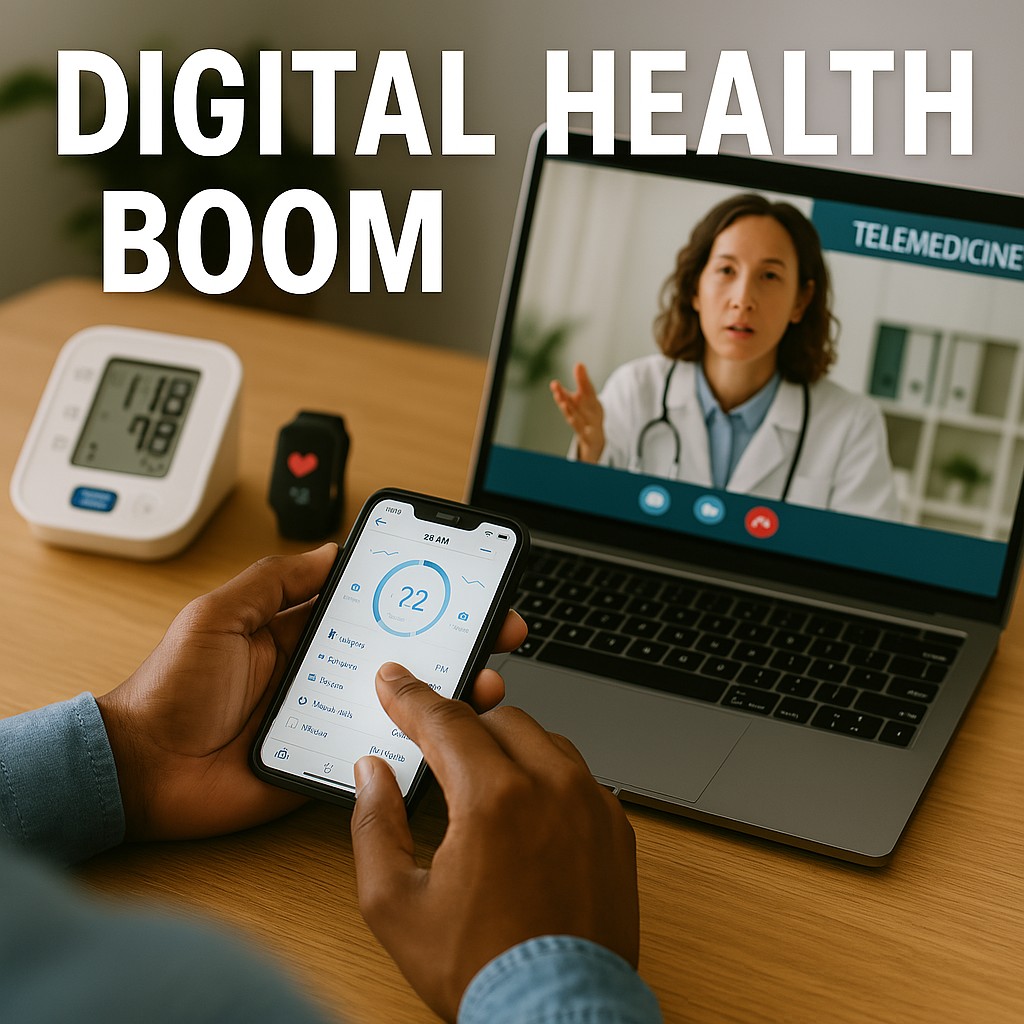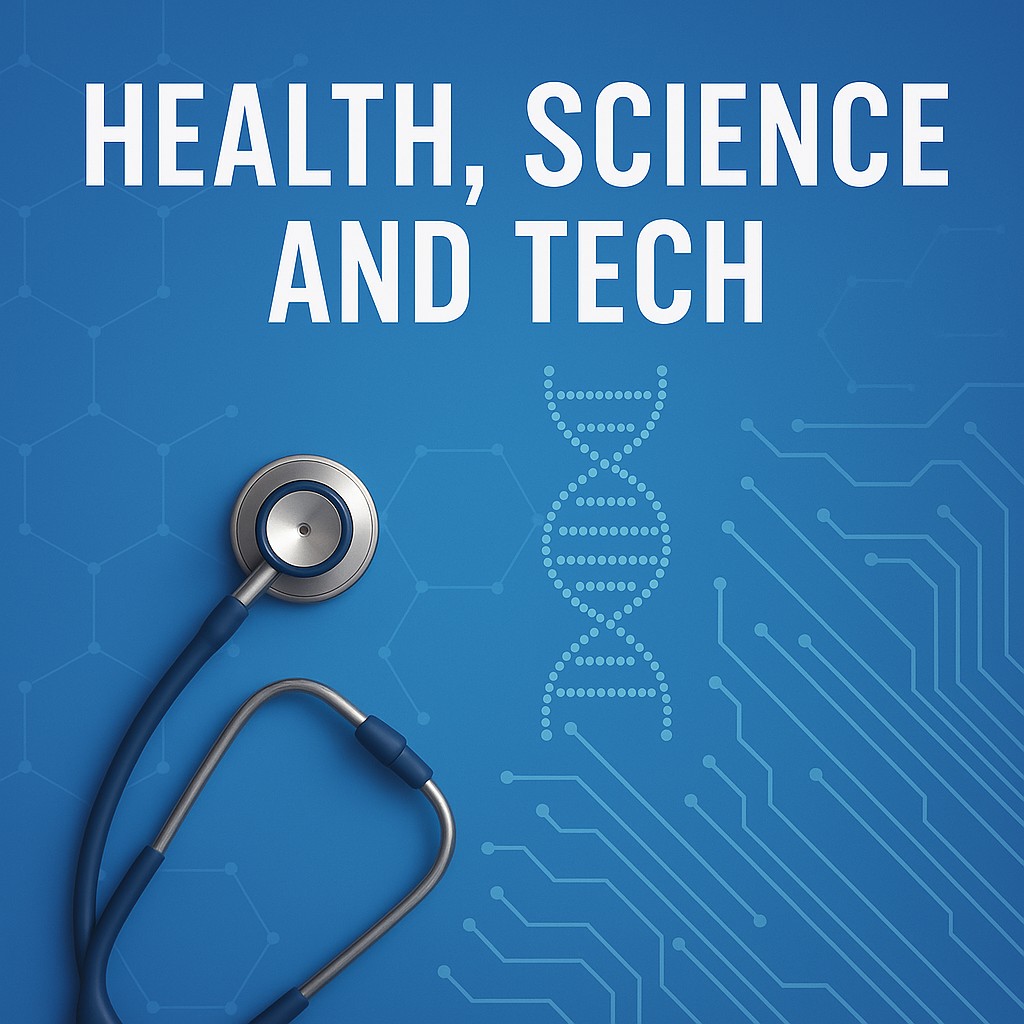
COVID-19 vaccines have been crucial in mitigating the pandemic, reducing severe illness and death. However, a small number of individuals have reported persistent symptoms following vaccination, a condition referred to as post-vaccination syndrome (PVS). A recent study by Yale researchers aims to shed light on the biological underpinnings of this phenomenon and guide future research.
Key Findings
The study, conducted through Yale’s Listen to Immune, Symptom, and Treatment Experiences Now (LISTEN) Study, analyzed data from individuals experiencing PVS symptoms and those who did not report any adverse effects. Researchers identified several immune system differences between the two groups, including:
- Lower levels of effector CD4+ T cells in individuals with PVS.
- Higher levels of TNF-alpha+ CD8 T cells, a type of white blood cell associated with inflammation.
These findings suggest that PVS may have an immunological basis, though further research is needed to confirm these patterns and develop potential diagnostic and treatment strategies.
Symptoms and Challenges
Common symptoms of PVS include:
- Exercise intolerance
- Excessive fatigue
- Brain fog
- Insomnia
- Dizziness
These symptoms typically emerge within a day or two after vaccination and can persist over time. Despite the growing number of reports, PVS remains unrecognized by medical authorities, making it difficult for affected individuals to receive appropriate care.
Future Research Directions
Yale researchers emphasize the need for further studies to understand the prevalence and mechanisms of PVS. They are exploring potential factors such as autoimmunity, tissue damage, and Epstein-Barr Virus (EBV) reactivation to determine their role in post-vaccination symptoms.
Conclusion
While COVID-19 vaccines continue to provide significant public health benefits, it is essential to investigate and address the concerns of individuals experiencing PVS. Yale’s study represents an essential step toward understanding this condition and developing strategies to support those affected.
For more details, you can read the complete study here.




